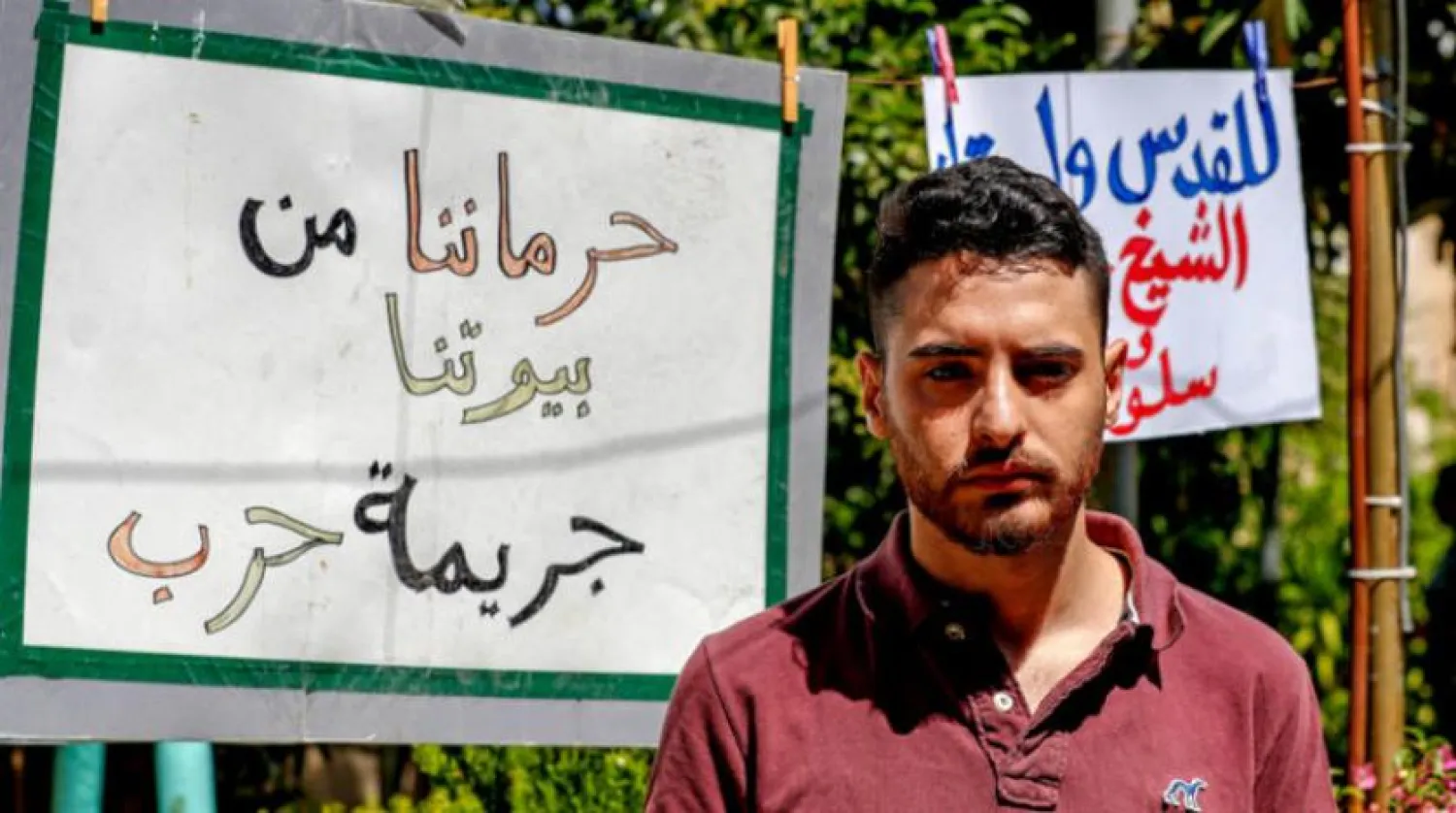The United Nations Special Coordinator for the Middle East Peace Process, Tor Wennesland, has described the cessation of hostilities reached in May between Israel and Hamas as “very fragile.”
He expressed concern by the attempt to exploit the “sensitive status” of Jerusalem and to use it to justify a “broader armed conflict,” urging the “immediate cease” of Israel’s advancement of all settlement activity.
His remarks were made during his monthly briefing via video conference to the UN Security Council on the situation in the Middle East, including the Palestinian cause.
He devoted his regular briefing to the 18th report on the implementation of Security Council Resolution 2334 (2016).
Wennesland said the UN is working closely with all concerned parties and partners, including Egypt, to solidify a ceasefire, allow the entry of urgent humanitarian assistance and stabilize the situation in the Gaza Strip.
He stressed that he remains deeply troubled by continued Israeli settlement expansion in the occupied West Bank, including East Jerusalem.
In particular, he said he is concerned by the approval of a plan to expand the Har Homa settlement in East Jerusalem.
“If implemented, this plan would further consolidate the continuum of illegal settlements separating East Jerusalem from Bethlehem and other Palestinian communities in the southern part of the West Bank.”
“I am also concerned by the continued establishment of settlement outposts, illegal also under Israeli law,” the UN official said.
He once again underscored that Israeli settlements constitute a “flagrant violation of UN resolutions and international law.”
They are a major obstacle to the achievement of a two-state solution and a just, lasting and comprehensive peace, he stressed.
In occupied East Jerusalem, 15 Palestinian households still face the imminent threat of eviction by the Israeli authorities from their homes in Sheikh Jarrah, he stressed.
“The High Court has scheduled a hearing on August 2 to consider a leave to appeal request by some of the families.”
Separately, the Jerusalem District Court postponed until July 8 its decision on an appeal against an eviction order related to two residential buildings in the Batan al Hawa neighborhood of Silwan in East Jerusalem, he added.
Wennesland said he regrets the violent incidents that have “unfortunately, continued on a daily basis throughout the occupied Palestinian territory since the submission of the written report,” pointing to the clashes that have repeatedly broken out in Beita village near Nablus in the West Bank.
In light of protests against the construction of a new Israeli settlement outpost, Evyatar, Israeli soldiers shot dead two 16-year-old Palestinians.
“Since May 3, five Palestinians have been killed and some 100 Palestinians have been injured by live ammunition in and around this area.”
“Israeli civilian security guards shot dead a Palestinian woman at the Qalandiya checkpoint near Jerusalem, after she reportedly ran towards them holding a knife,” he added.
Also, he pointed out that several thousand right-wing Israeli activists, including members of Knesset, marched through Jerusalem’s Old City, with many participants chanting racist slogans against Arabs and Muslims.
“In protests and clashes that occurred in the context of the march, in East Jerusalem as well as other parts of the West Bank, 66 Palestinians, including 12 children, were injured by rubber-bullets, sound grenades and physical assaults.”
On the same day, rallies were organized throughout the Gaza Strip and protests erupted at the fence. Armed men in Gaza released incendiary balloons towards Israel, starting dozens of fires, he noted.
A Palestinian woman was also shot dead by Israeli forces at the Hizma checkpoint near Jerusalem after reportedly attempting to carry out a ramming and stabbing attack against Israeli soldiers.









